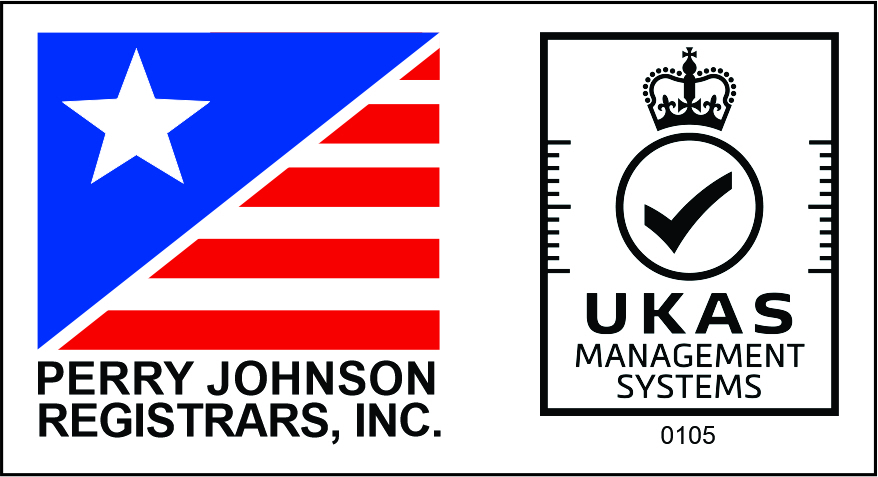- 22 May 2025
- 30 May 2025
- 3 min read
Speak to an expert : Live Chat

Chances are you’ll have heard of ransomware. It regularly appears in the news due to high profile security breaches. But do you actually know what it is and what it does?
A dangerous kind of malware designed to bring in major profits for cybercriminals, ransomware encrypts files on infected computers, demanding a large ransom in return for making files accessible again.
While ransomware-like programs have been around for decades, they’ve really come to the fore more recently. This is mainly due to the rise of Bitcoin and various other cryptocurrencies which allow for completely anonymous electronic transactions – meaning thieves can’t be tracked down.
Usually entering systems through falsely labelled files (.doc files with harmful macros, spoofed emails and far more), ransomware encrypts the majority of files it can reach, making them completely unreadable. A huge problem for businesses, the inconvenience this encryption causes can be even more damaging than the ransom fee itself.
There’s a few different ways to protect your organisation against ransomware. From the outset, it is important to realise that the weakest link in cybersecurity is almost always a person. Most ransomware-spreading files are disguised in emails appearing useful, leading to people inadvertently contracting the malware. It is important to make sure that those in your organisation have the cybersecurity training they need to recognise false files – it may even be worth running a fake phishing operation to make sure the information has sunk in.
Implementing a comprehensive firewall solution is an absolute must. Whilst they aren’t completely infallible they will provide a protective layer around your network and help block unauthorised access attempts. Content filtering systems can also help, providing an extra layer of security, blocking downloads of certain file types and cutting off access to notably dangerous pages.
In the unfortunate event you do end up being affected by ransomware, it is imperative you already have a plan in place to ensure a swift recovery and to also negate the need to pay a ransom to have the stolen data returned.
A key failsafe is to perform regular backups. There’s not always a way to get rid of the malware there and then, so restoring from an external backup is usually the most effective course of action. The options available are cloud-based and physical hard drive solutions, which when combined provide an all-encompassing solution and it goes without saying that having multiple backups is always better than relying on just one.
For more detailed information, take at look at our blog: ‘How to protect your school from ransomware attacks‘.


For further information on our IMS Policy contact:



Exa is a trading name of Exa Networks Limited | Registered Company Number: 04922037 | VAT Number: 829 1565 09 | © Copyright Exa Networks Limited 2024 | All Rights Reserved
Exa is a trading name of Exa Networks Limited
Registered Company Number: 04922037
VAT Number: 829 1565 09
© Copyright Exa Networks Limited 2024 | All Rights Reserved
| Cookie | Duration | Description |
|---|---|---|
| cookielawinfo-checkbox-analytics | 11 months | This cookie is set by GDPR Cookie Consent plugin. The cookie is used to store the user consent for the cookies in the category "Analytics". |
| cookielawinfo-checkbox-functional | 11 months | The cookie is set by GDPR cookie consent to record the user consent for the cookies in the category "Functional". |
| cookielawinfo-checkbox-necessary | 11 months | This cookie is set by GDPR Cookie Consent plugin. The cookies is used to store the user consent for the cookies in the category "Necessary". |
| cookielawinfo-checkbox-others | 11 months | This cookie is set by GDPR Cookie Consent plugin. The cookie is used to store the user consent for the cookies in the category "Other. |
| cookielawinfo-checkbox-performance | 11 months | This cookie is set by GDPR Cookie Consent plugin. The cookie is used to store the user consent for the cookies in the category "Performance". |
| viewed_cookie_policy | 11 months | The cookie is set by the GDPR Cookie Consent plugin and is used to store whether or not user has consented to the use of cookies. It does not store any personal data. |
Monday: 8:30am – 5pm
Tuesday: 8:30am – 5pm
Wednesday: 8:30am – 5pm
Thursday: 8:30am – 5pm
Friday: 8:30am – 5pm
Saturday: Closed
Sunday: Closed
Email: helpdesk@exa.net.uk
Phone: 0345 145 1234
Monday: 8am – 6pm
Tuesday: 8am – 6pm
Wednesday: 8am – 6pm
Thursday: 8am – 6pm
Friday: 8am – 6pm
Saturday: 10am – 4pm
Sunday: 10am – 4pm